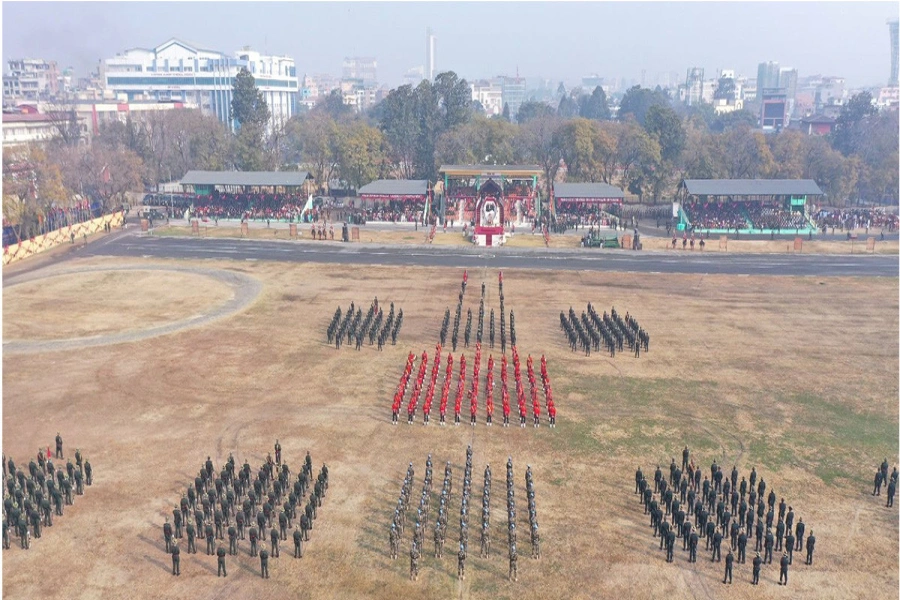The convention will simplify customs procedures: FinMin
KATHMANDU, Sept 10: The parliament ratified International Convention on the Simplification and Harmonization of Customs procedures (revised Kyoto Convention) on Friday.
The ratification means Nepal has become party to the convention that is one of the instruments of the World Customs Organization (WCO). It is expected to help simplify the customs procedures for trade facilitation.
“Nepal, as a member country of World Customs Organization (WCO), will be able to upgrade its customs procedures to the international standard thereby facilitating legitimate international trade while effecting customs controls, including the protection of customs revenue and society, after ratification of the international convention,” Deputy Prime Minister and Minister for Finance Krishna Bahadur Mahara, addressing the parliamentarians.
The WCO -- an intergovernmental organization headquartered in Brussels -- has created various instruments to achieve its goals like enhancing the efficiency and effectiveness of member customs administrations, thereby assisting them to contribute successfully to national development goals, particularly revenue collection, national security, trade facilitation, community protection, and collection of trade statistics.
The convention is also an international agreement that provides a set of comprehensive customs procedures to facilitate legitimate international trade while effecting customs controls, including the protection of customs revenue and society, according to the WCO.
"It deals with key principles of simplified and harmonized customs procedures like predictability, transparency, due process, maximum use of information technology, and modern Customs techniques, including risk management, pre-arrival information and post-clearance audit," it added.
The revised Kyoto Convention comprises of several key governing principles, including transparency and predictability of customs controls, standardization and simplification of the goods declaration and supporting documents, simplified procedures for authorized persons, maximum use of information technology, minimum necessary customs control to ensure compliance with regulations, use of risk management and audit based controls, coordinated interventions with other border agencies and a partnership with the trade.
"The ratification of the convention will help block revenue leakage by bringing transparency, reduce cost of international trade, and help frame predictable and transparent legal provisions for trade," Mahara said, adding that Nepal and the Maldives are the only two countries in South Asia that are in the process of ratifying the convention that has 105 countries as its party. "It also promotes trade facilitation and effective controls through its legal provisions that detail the application of simple yet efficient procedures and also contains new and obligatory rules for its application."
As part of becoming the party to the convention, Nepal has already incorporated 97 indicators, out of 122, in the law. “We will make necessary amendments to include remaining 25 indicators in the law,” Mahara said, adding that the government has already prepared the drafts of the laws for amendment.
He also informed that the current Customs Acts needs to be amended as it needs to include various procedures, including customs declaration, authorization of papers, sample collection at customs, physical test, provision of lab, revenue payment system and bidding at the customs. He also said that such simplification of customs procedures will help facilitate the international trade.
The revised Kyoto Convention was adopted in 1999 and entered into force in February 2006. The contracting parties -- or countries -- that have ratified the convention cover at least 80 percent of the value of globally traded goods.
PM Oli sends condolence message to his Japanese counterpart on...





































